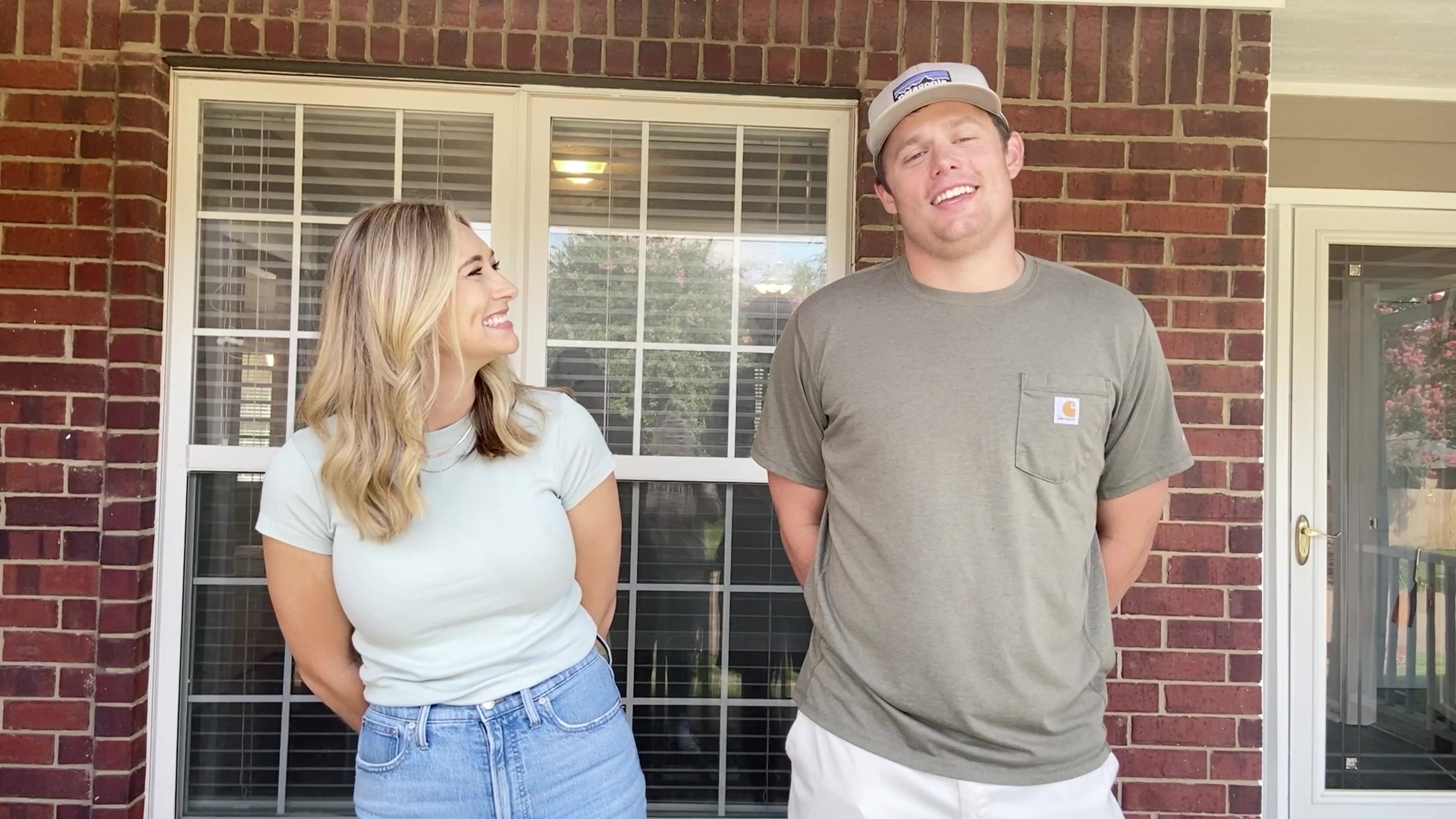Don't miss out on the advantages of investing via the 1031 Exchange! Today, Chris Clothier discusses the incentives of doing so, and what he recommends to other investors like himself. Take a look, and scroll down for a quick how-to guide!
New to the 1031 Exchange? At REI Nation, we make it easy for investors to learn more about strategies to expand and maximize their portfolios. We’re here to break down the 1031 exchange in layman’s terms so that new investors, passive investors, and the tax-unsavvy can understand this exchange and how it can benefit your real estate investing career!
What Is the 1031 Exchange?
The IRS also refers to 1031 exchanges as “like-kind” exchanges. In essence, if you meet qualifications for a 1031 exchange, you will be able to essentially swap one investment property for another without having to pay taxes or paying only limited taxes.
Most exchanges are taxable because they are sales—a traditional arrangement as selling and then buying something new. Not so with the 1031 exchange.
Instead, you are deferring capital gains taxes and recaptured depreciation taxes as you sell an investment property, so long as you then replace that property with another investment. Think of it as kicking your 'tax can' down the road. The IRS doesn’t recognize this exchange for a “like-kind” property as a capital gain—so your investment can grow tax-deferred until you sell it down the line for pure cash profit.
What are the requirements in a 1031 exchange?
There are a few notable requirements in a 1031 exchange. First of all, personal property never qualifies. You can only employ a “like-kind” exchange where investment and business property is concerned. Two, you don’t get cash—you get property. If you have capital gains, you do not have a 1031 exchange.
There are many other nuances, traps, and requirements regarding the exchange.
For example, you have to consider any mortgages or loans you have associated with the property. Even if you’re not getting cash, a reduction in your liability can be treated as income—and that’s taxable! Additionally, if in your swap the other owner owes you cash, that portion of the income is taxable.
How does an exchange happen?
Okay, so we know what a 1031 exchange does, but how do investors perform them? What happens in the process? After all, it seems a little too good to be true.
The exchange itself takes form in a few different ways, but the most common you will see and deal with is called a “forward” exchange. It is also called a “Starker exchange,” a “delayed exchange,” and a “Like-Kind Exchange.” These all refer to the same things. This typically involves an investor and two properties within the United States, and most commonly deals in residential property.
So what’s the process?
In the simplest step-by-step terms, an investor wanting to make a forward exchange would:
- Identify and vet a tax parlance to act as the qualified intermediary (QI) for your exchange. This entity or person is the accommodator who will receive and hold the funds from your property when it is sold.
- The investor fills out a W-9 in order for their bank to open a qualified escrow account on their behalf.
- Sale of the old property begins and is completed. Here, it is a good idea to include 1031 exchange language in the contract. Though not required, declaration of intent to all parties is wise.
- At the first closing sale, traditional closing documents are signed in addition to 1031 exchange documents. The buyer also signs a notice of assignment. All parties involved in the exchange must be notified in writing by law.
- Net exchange proceeds are moved to the qualified escrow account set up at the beginning of the process.
- After closing, the process of identifying a replacement property, if not already identified, begins.
- The replacement property is purchased and typical closing documents are signed along with 1031 exchange documents. Proceeds are transferred prior to closing.
Timing is also important in a 1031 exchange. You have to designate a replacement property within 45 days, in writing, to the qualified intermediary who will be managing your approved escrow account. Technically, you can designate up to three—so long as you eventually close on one of them.
From there, in a delayed exchange, you must close on a designated property within 180 days from the sale of your old property. This includes the 45 days you have to designate a replacement property, so it is 180 days altogether to complete the entire delayed exchange.
The 1031 exchange can be confusing, but for an investor who wants to benefit from deferred taxes, diversify their portfolio more strategically, or trade a property that is not generating enough income for one that does, it can be an enormously beneficial financial strategy.
If it is something you think you are interested in, you need to, first and foremost, consult a tax professional who specializes in like-kind exchanges. Navigating the nuance and minutiae of the law can be tricky, and you want to be sure you’re working with someone who can help you do it with ease and confidence.
In real estate investment, you rarely will feel like you know it all. That's why it's so important to have a great team of experienced professionals around you whose experience you can draw on and trust.
You can find success in real estate investment without the hassle and headache. Let us help!
Get More Exclusive ContentJoin our Profiting from Passive Real Estate Group on Facebook today for more exclusive insights on markets, advice from other investors, and interviews from professionals in the industry. We aim to always provide quality content relative to those interested in learning more whether you are seasoned or just starting out and for those actively investing in turnkey real estate! |













